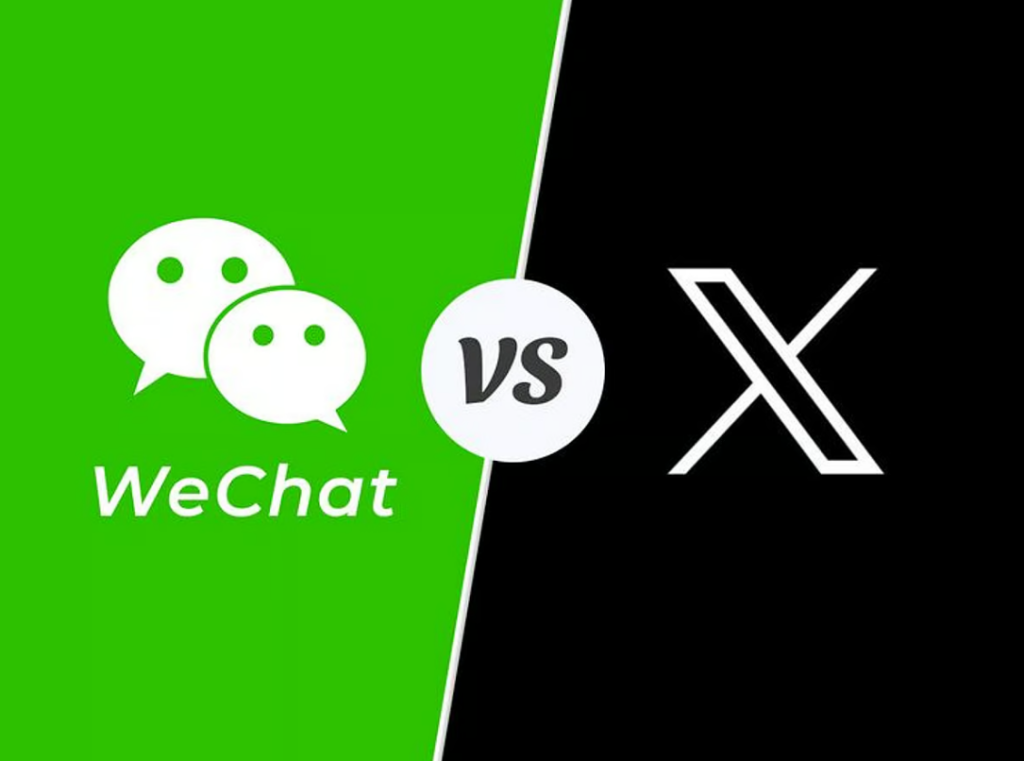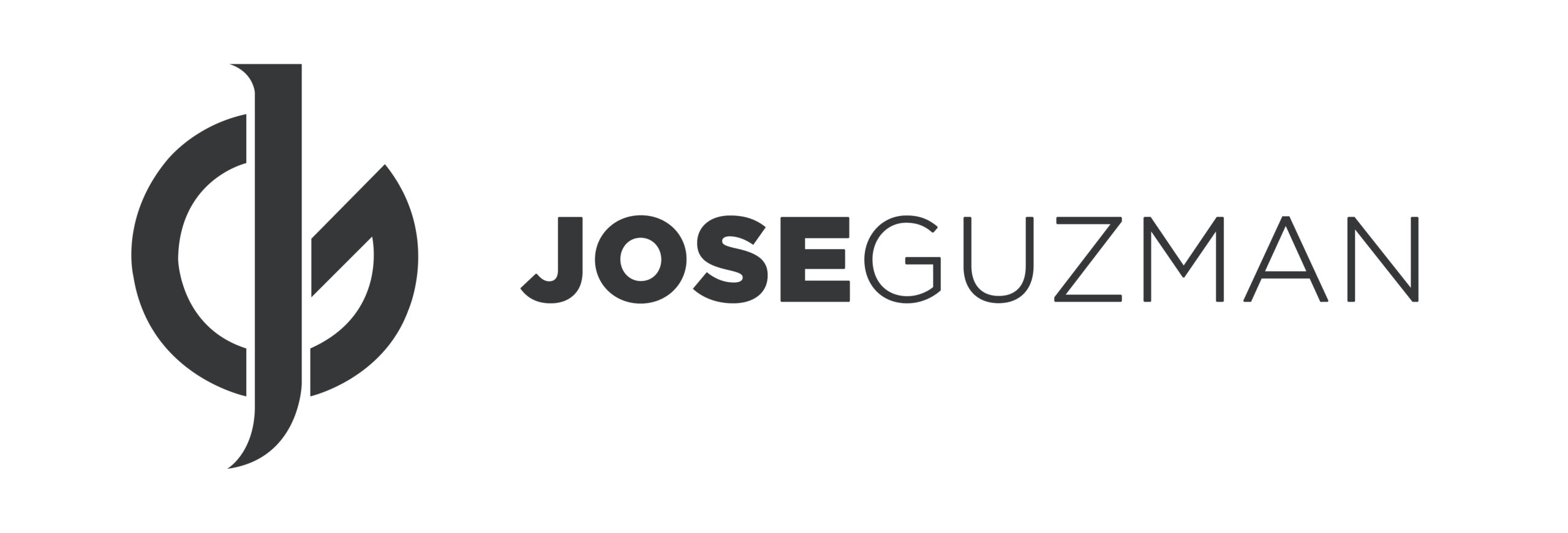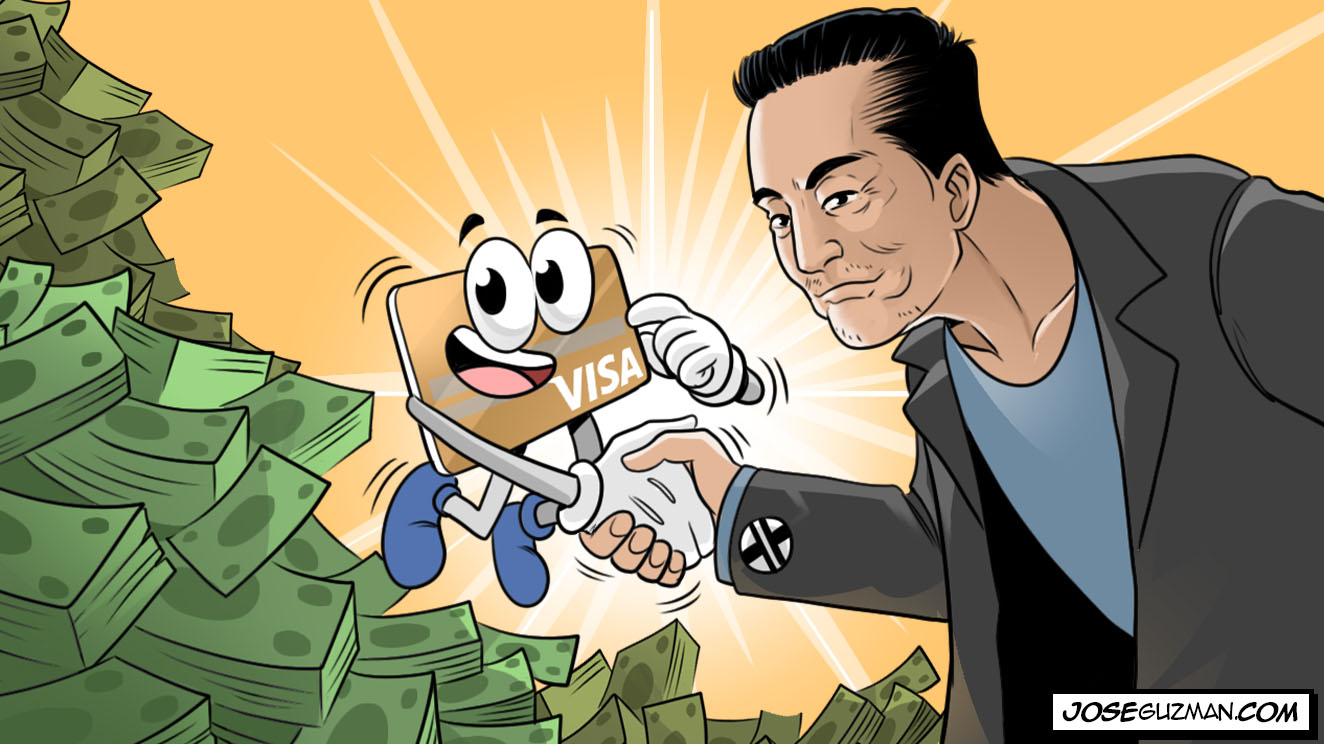I’ve always been fascinated by how WeChat dominates the Chinese digital landscape. For those unfamiliar, WeChat is far more than just a messaging app – it’s where Chinese citizens chat, shop, pay bills, book doctors’ appointments, and even apply for loans. It’s essentially their digital life wrapped in one app, processing over a billion daily transactions. The app’s success lies in its seamless integration of services, making it indispensable in daily Chinese life.
Buying Twitter is an accelerant to creating X, the everything app
— Elon Musk (@elonmusk) October 4, 2022
I think what’s most interesting about Elon Musk’s recent X partnership with Visa is how it signals his unwavering vision to replicate WeChat’s success in the Western world. This isn’t surprising to me – I’ve noticed that since his $44 billion Twitter acquisition, every move has been pointing towards building an “everything app.” as he once tweeted (or X’ed). The partnership with Visa, announced by X CEO Linda Yaccarino, is a significant milestone in this direction.
We’re excited to partner with @XMoney on the launch of X Money Account.
— Visa (@Visa) January 28, 2025
Visa Direct will make it possible for US X Money Account users to fund and transfer money in real-time with their debit card. https://t.co/h1t0ofX9NE
The introduction of X Money Accounts, powered by Visa Direct, will enable users to make instant peer-to-peer payments and transfer funds directly to bank accounts. In my opinion, this is just the beginning of X’s transformation journey, though they’re playing catch-up with China’s decade-long head start in the superapp space.
What I find particularly compelling is how no Western company has successfully created a true superapp yet. Meta tried with Facebook, adding features like marketplace and dating, but it never achieved the seamless integration that WeChat mastered. I believe Musk’s advantage lies in his experience with X.com (which later became part of PayPal) and his willingness to radically transform Twitter’s core functionality.

However, I think the biggest challenge won’t be technical – it’s about changing deeply ingrained user behaviors. We’re used to having separate apps for different services, unlike Chinese users who grew up with WeChat’s all-in-one approach. Additionally, regulatory scrutiny in Western markets could pose significant hurdles, as we’ve seen with other tech giants attempting to expand their services.
I believe Visa is making a strategic move here – one that could position them at the forefront of the next evolution in payments. By partnering with X early in its journey to become a super app, Visa isn’t just providing payment infrastructure; they’re securing their place in what could become the Western world’s equivalent of WeChat’s payment ecosystem. If X succeeds in its vision, Visa’s early commitment could prove to be a masterstroke in the future of digital payments and financial services.

Will X succeed where others have failed? I’m cautiously optimistic, but only time will tell. The partnership with Visa is certainly a strong start, and Musk’s track record of disrupting established industries makes this a fascinating space to watch in 2025.
Stay hungry,

Jose Guzmán, an award-winning marketer with 15+ years’ experience, combines his passion for tech and innovation to drive revenue growth and market expansion. With a rich academic background and numerous honors in marketing, he’s deeply committed to continuous learning. In this blog, Jose shares the latest marketing trends, tips, and strategies, inspiring readers to #StayHungry for knowledge.



